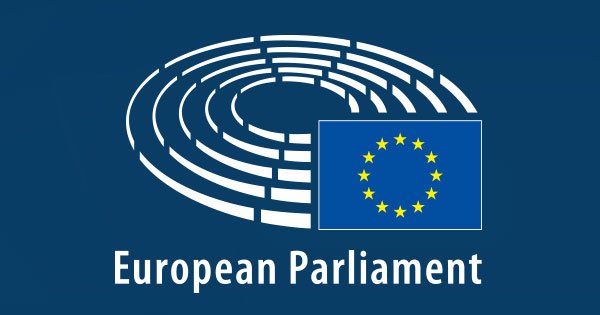Propuestas para impulsar la descarbonización en la industria europea de alta intensidad energética

In a resolution approved on Thursday, the plenary indicates that energy-intensive industries, such as those dedicated to the production of chemicals, steel, paper, cement, and glass, are crucial for the EU economy and decarbonization efforts. These sectors are vital for job creation and for Europe’s strategic autonomy, but they are facing significant challenges in transitioning to cleaner technologies. The resolution emphasizes the need to resort to various technologies to reduce energy prices and avoid the blocking effects, electrifying as a key strategy.
The text identifies several obstacles to the EU’s industrial competitiveness, including the disappearance of energy prices with global competitors and the volatility of fossil fuels. An incomplete energy union, regulatory burdens, and complex financing mechanisms hinder further progress, especially for small and medium-sized enterprises. The emissions trading scheme is also under pressure from market changes and uneven use of revenues in Member States, which hinders adequate support for industry decarbonization, agents say.
To address these challenges, MEPs call for faster approval of clean energy projects and the implementation of legislation in the electricity market, a better-integrated energy system, and more investments in network infrastructure. They also propose studying other ways to disconnect fossil fuel prices from electricity prices. Eurodiputados add that short-term market analysis should advance until 2025, with opinions to consider alternative market design options.
Simpler standards and the availability of essential and secondary raw materials are essential to attract private investments and support decarbonization while reducing dependence on countries outside the EU, emphasizes the text.
Parliament highlights the need to address global competition through effective implementation of the Carbon Border Adjustment Mechanism (CBAM) and create leading markets for clean European products. In addition, MEPs want to support affected workers and regions, ensuring that the EU industry remains competitive worldwide while being decarbonized.
«We have no time to waste: we must act to ensure that the European industry protects and safeguards its jobs. The technological innovation required to accelerate the decarbonization of energy-intensive industries requires substantial investments, which the EU must support with public resources,» said Euro Giorgio Gori (S&D, Italy), who led the negotiations on the EP industry text.
The resolution was approved by the plenary session.
You can watch the plenary debate again with the Commission.
Background
The resolution is based on various previous reports and communications, including the Draghi report, the Letta report, and the Commission’s proposals for a clean industry and an accessible energy action plan, to design a comprehensive strategy to decarbonize energy-intensive industries in the EU.
FUENTE







